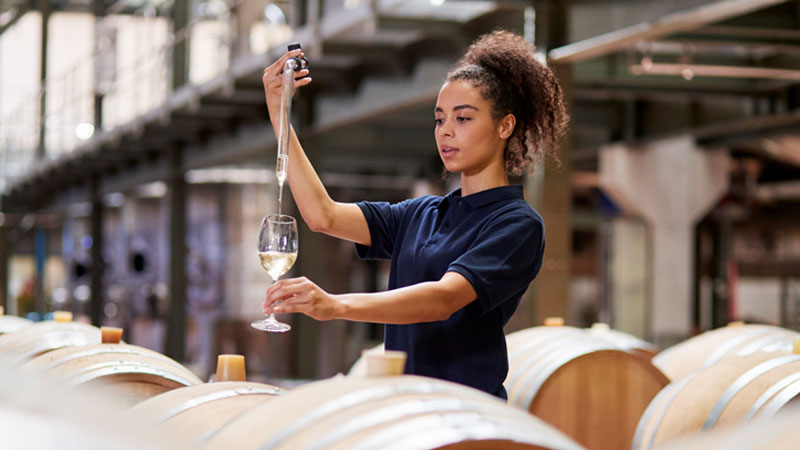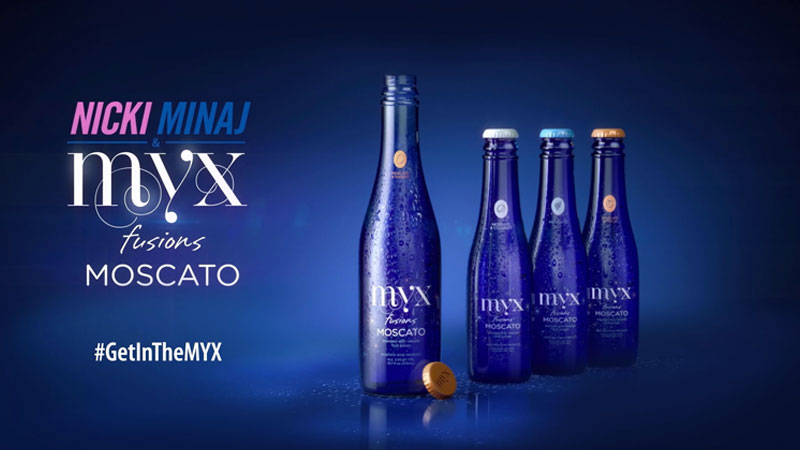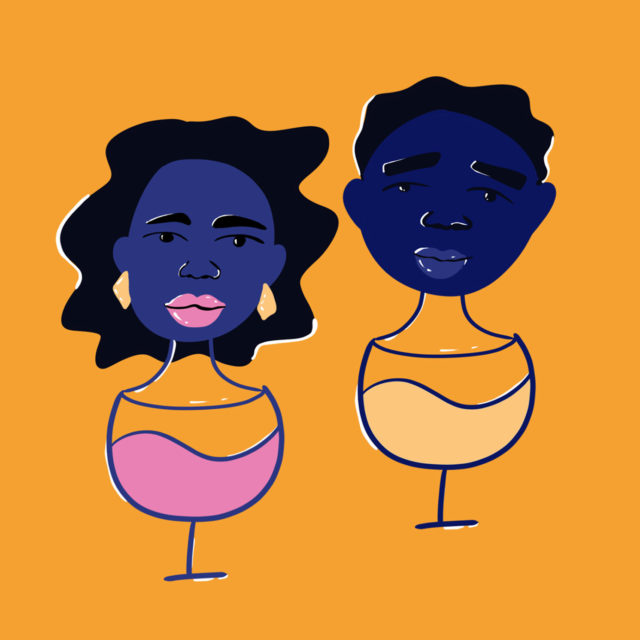When I’ve had a particularly stressful day or I want something to pair with a rather decadent meal I’ve cooked, I reach for a bottle of wine. My preference tends toward drier white wines, but I’ll admit it hasn’t always been this way.
My first alcoholic beverages were spirits in college. Cheap vodka in plastic bottles, flavored rums, and the occasional gin that tasted like gasoline lit on fire. It wasn’t until my mid-20s that I started learning more about wines and enjoying them regularly. So much so that, to celebrate my 25th birthday, I hosted a wine tasting at a local wine store with a variety of Tuscan wines.
What I’ve noticed through the years, whether I’m having a glass of wine solo at a bar or trying out a new restaurant as a treat, is as a black woman there are expectations about the type of wine I should be drinking — or that I will enjoy drinking wine at all.
You see, apparently, black people know very little about wine. It’s a novelty for us, and when we do drink it, the sweeter the better.

Cameron Glover muses about this exact topic in a piece she penned, “Drinking While Black.” “I typically prefer Moscato, a sweet, fizzy white wine, or sweet mixed drinks. But because I know about the cultural expectations of what a woman — and particularly a black woman, a woman of color — is supposed to drink, a feeling of self-consciousness prevails when I order the drinks I want to consume,” Glover writes.
Being a black woman from the South only complicates these assumptions, assumptions that the wine industry, and how they choose to market to black wine drinkers, reinforces. Assumptions that impact how and if they ever reach wine drinkers who look like me.
“People aren’t talking to us, period,” Tanisha Townsend, a wine educator and consultant, says. She’s speaking about the wine industry’s “old-fashioned” approach to consumer marketing — one that doesn’t aim to reach drinkers who aren’t white. The majority of wine advertising and marketing, and many of the industry’s cultural gatekeepers, don’t appear to recognize the diverse preferences or buying power of the black market. They aren’t invested in exploring “what we like, do day-to-day, or about our culture,” Townsend says.
This stands in stark contrast to the world of spirits. Certain brands recognize the buying power of black people, who in turn transform their sales and cement their space in the cultural lexicon. Hennessy, Ciroc, Alizé, Crown Royal, and countless others either had marketing campaigns targeting black drinkers, or capitalized on references in hip hop music.
That strategy has proven remarkably successful. Hennessy, for example, leads the Cognac category. The United States is its largest export market, responsible for 55 percent of its reported €42.6 billion global sales (approximately $48.2 billion in 2019).
Why would the wine industry want to leave what a 2018 Nielsen report asserts is the $1.2 trillion buying power of black American consumers on the table?
Wine writer Julia Coney uses Moscato as an example of the rare wine with tangible connections to black Americans. “When Nicki Minaj and Rick Ross rapped about it years ago in a mixtape? That was it. That’s the whole Moscato thing,” she says.
The reference continued in several songs after that, including Waka Flocka and Roscoe Dash’s 2010 song “No Hands,” in which “Moscato” is said repeatedly in the hook.
Moscato sales were up 100 percent in 2010, Nielsen reported, and rose another 70 percent in 2011. Minaj introduced her own line of Moscato wines, MYX, in 2013. That same year, Danny Brager, Nielsen’s senior vice president of beverage/alcohol, told NPR Moscato sales were growing at a rate of 25 percent annually.
“I’ve been following the wine category for over 10 years. Frankly, I haven’t seen anything like it at all,” Brager told NPR’s Sam Sanders in a piece titled, “Moscato Finds a Younger, Hipper — and Browner — Audience.”

In addition to writing about wine, Coney routinely leads wine-centric trips around the globe and works part-time at a wine store in Washington, D.C. She recalls how, on several occasions, black women came into the store looking for red wine after seeing Kerry Washington’s character drink it on “Scandal.” Similarly, retailer Crate & Barrel reported that, in 2014, it sold 20 times as many oversized wine goblets as it had in previous seasons, due to the glasses’ prominent role on “Scandal.”
Marketing to black wine drinkers could work, all of these instances prove. But in order to do so, wine industry gatekeepers and the agencies that create ads that appear in magazines, newspapers, and on television need to widen their vision.
They need to incorporate black people within their ranks as employees and make efforts to reach black wine writers, bloggers, educators, and consultants. Pay attention to those same people who consistently churn out stellar content to engage their audiences. Do the work that makes the wine industry inclusive, and doesn’t leave the onus on us to be seen.
